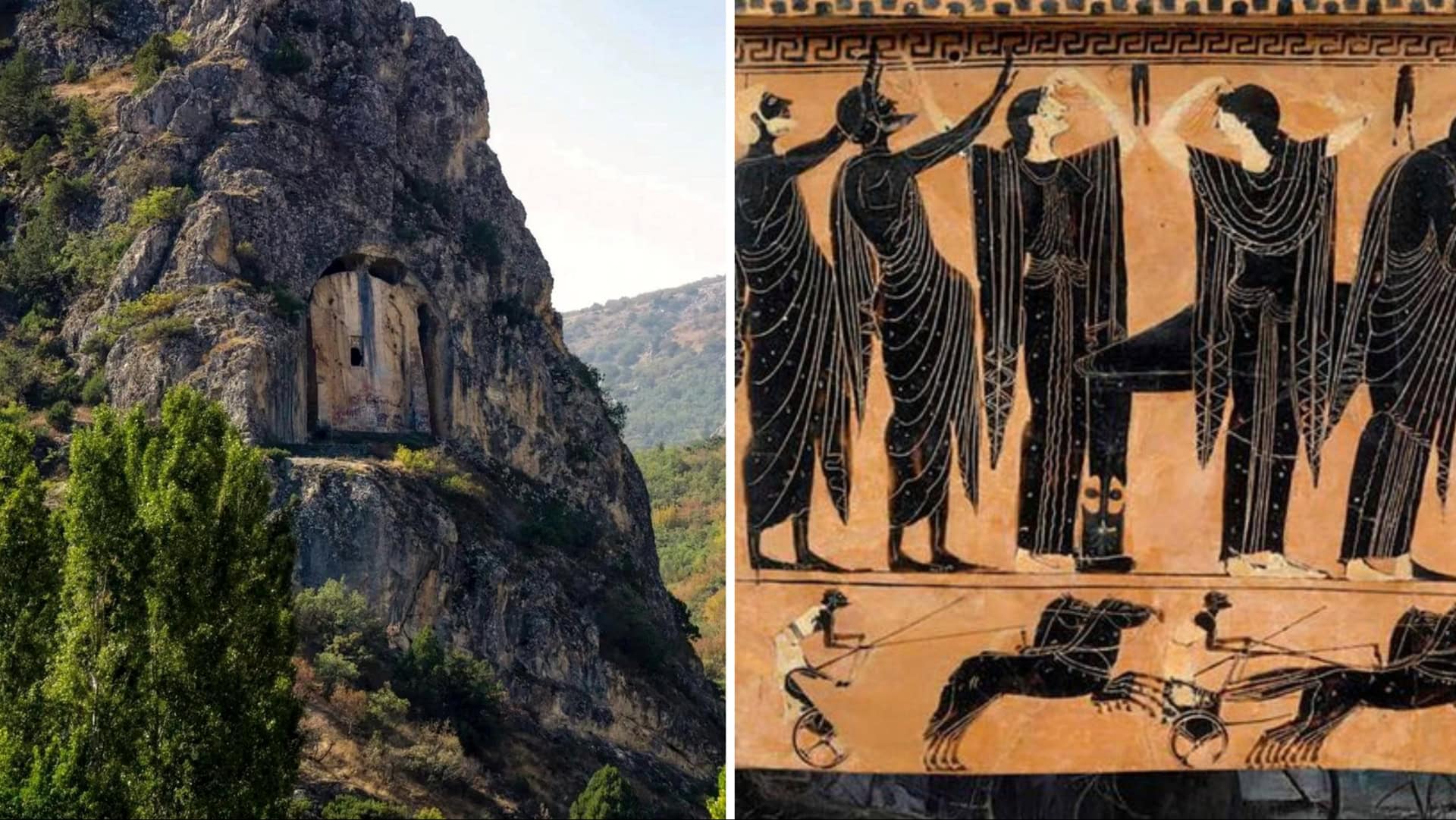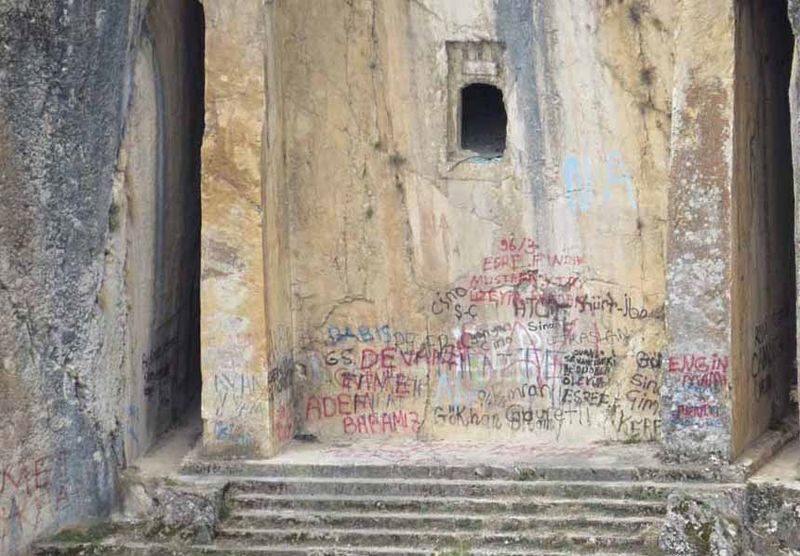Nestled within Turkey’s Çorum province, the ancient Kapilikaya Tomb remains an enigmatic Hellenistic marvel.
Despite its obscurity, this site continues to intrigue with its mysterious past and architectural brilliance.
Carved into the mountains, it dates back to the 2nd century BC, embodying the Hellenistic influence that pervaded the region.
The tomb’s grandeur and significance lie in its detailed rock-cut design and the cultural mysteries it holds.
1. The Enigmatic Facade
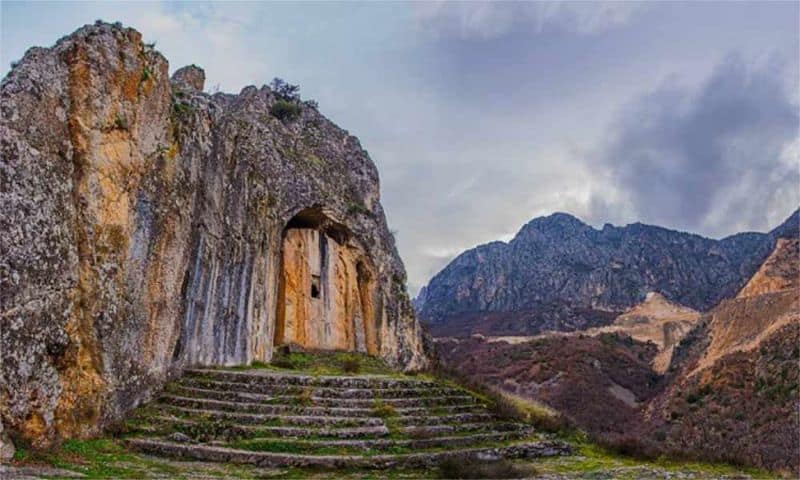
With its imposing rock-carved front, the façade of Kapilikaya Tomb evokes the grandeur of ancient times.
Intricately designed with classical elements such as columns and pediments, it stands as a testament to Hellenistic artistry.
The captivating details invite onlookers to ponder the cultural influences that shaped this hidden masterpiece.
2. Mysterious Inscription
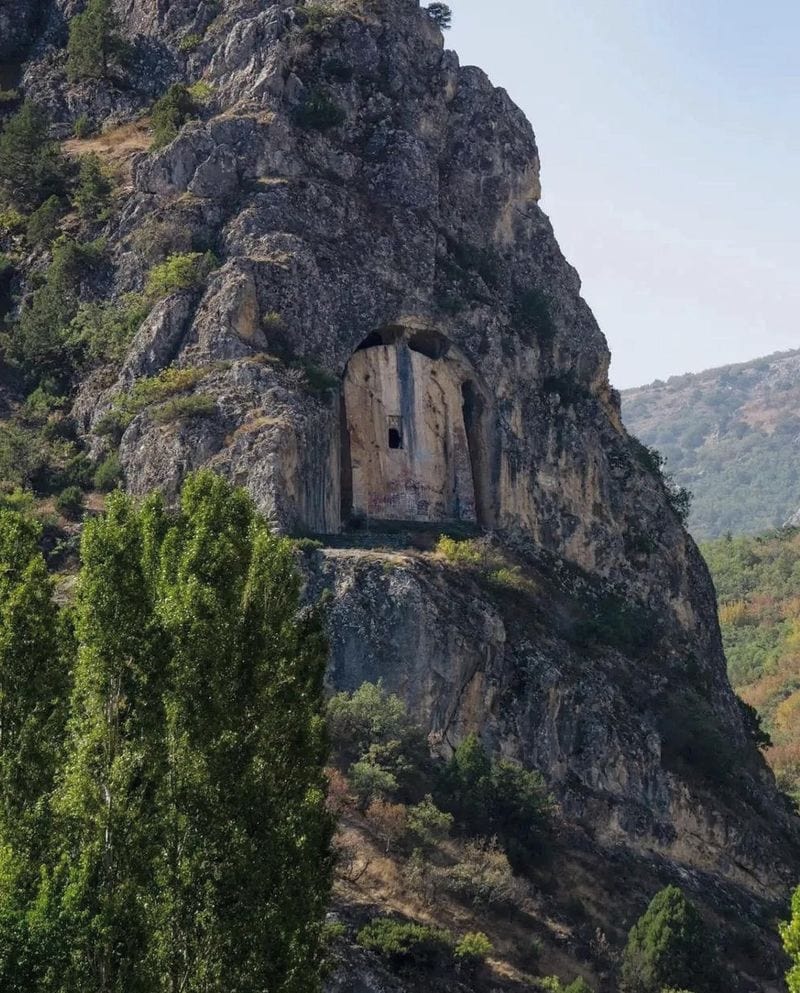
Perched above the entrance is the enigmatic inscription “IKEZIOS,” sparking curiosity and speculation.
This ancient Greek script’s true meaning remains elusive, adding to the allure of the tomb.
It is believed by some to reference a Greek commander, hinting at the rich history and cultural significance embedded in this ancient site.
3. Hidden Entrance
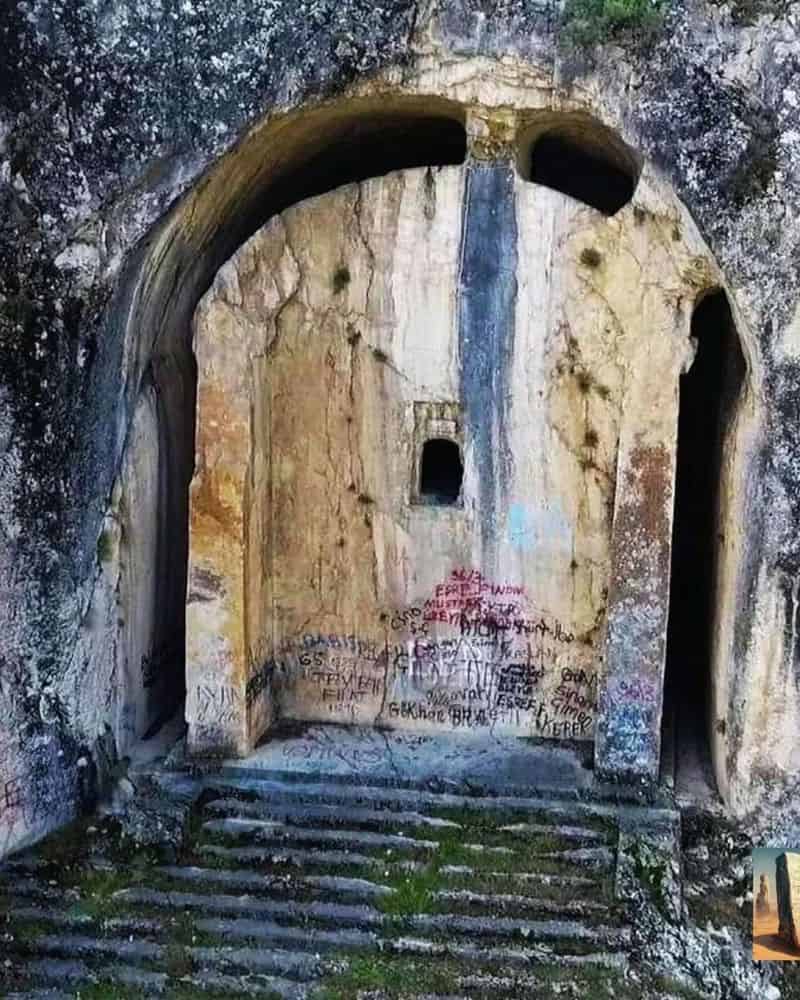
While the façade suggests grandeur, the true opening is a modest, square hole.
Just under a meter, it challenges visitors to crawl through, revealing the tomb’s humble interior.
This contrast between exterior splendor and interior simplicity is a hallmark of the tomb’s mysterious design, inviting exploration and wonder.
4. Cultural Heritage Significance
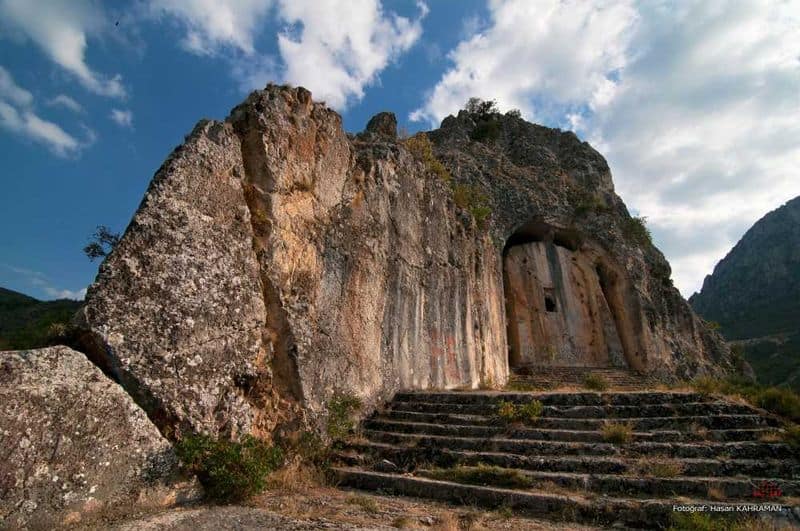
As a vital cultural relic, the Kapilikaya Tomb offers insights into ancient burial customs and Hellenistic architectural styles.
It serves as a historical beacon, illuminating the region’s Greek-influenced past.
This site not only captivates curious visitors but also enriches our understanding of cultural exchanges during the Hellenistic era.
5. Preservation Challenges
The tomb faces the relentless grasp of time, with weathering and vandalism threatening its preservation.
Efforts to maintain its historical integrity are ongoing, emphasizing the importance of protecting such irreplaceable cultural treasures.
The battle against nature and human impact underscores the fragility of ancient sites like this.
6. Tourism and Economic Impact
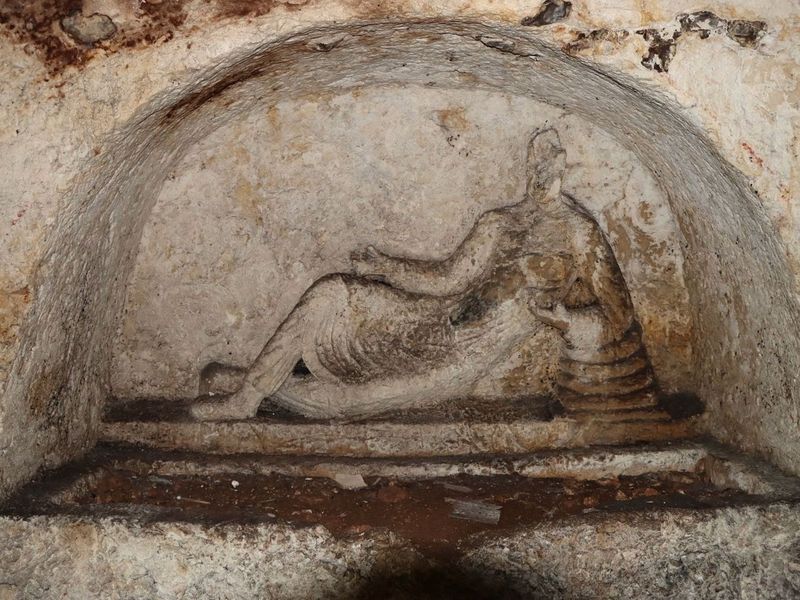
Tourism breathes life into the region, with visitors flocking to uncover the tomb’s mysteries.
This influx supports the local economy, providing livelihoods and fostering cultural pride.
As tourists engage with the site, they contribute to the preservation of history and the promotion of Turkey’s rich heritage.
7. Architectural Influence
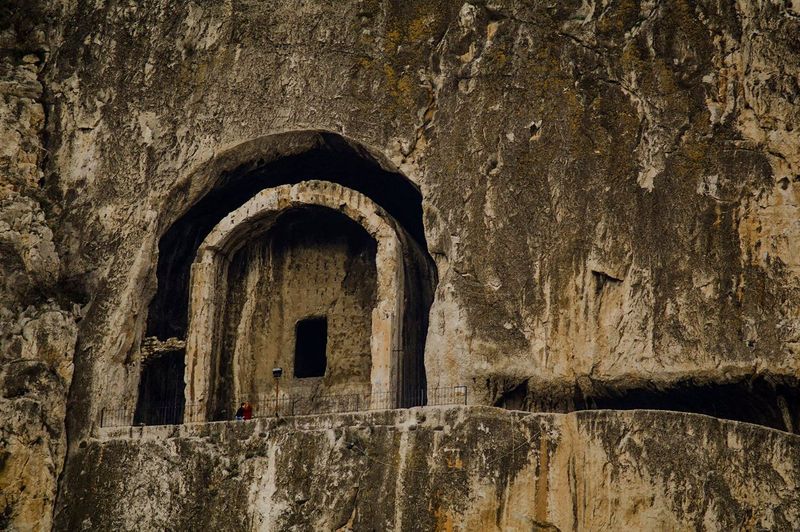
The Kapilikaya Tomb is a fusion of Greek and indigenous styles, reflecting Hellenistic influence’s reach.
The melding of local and Greek elements creates a unique architectural narrative, showcasing the dynamic cultural exchanges that occurred during this period.
This blend is emblematic of the rich, interconnected history of the region.
8. Funerary Practices
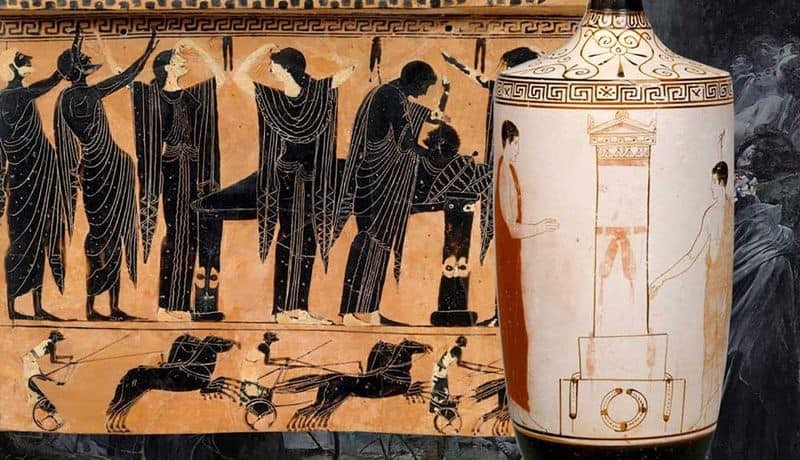
The tomb embodies the grandeur of Hellenistic funerary traditions, where honoring the deceased was paramount.
The chamber, though modest, symbolizes respect and remembrance.
Understanding these practices offers a glimpse into the social values and rituals that defined the era, highlighting the cultural depth of ancient societies.
9. Connection to Other Sites
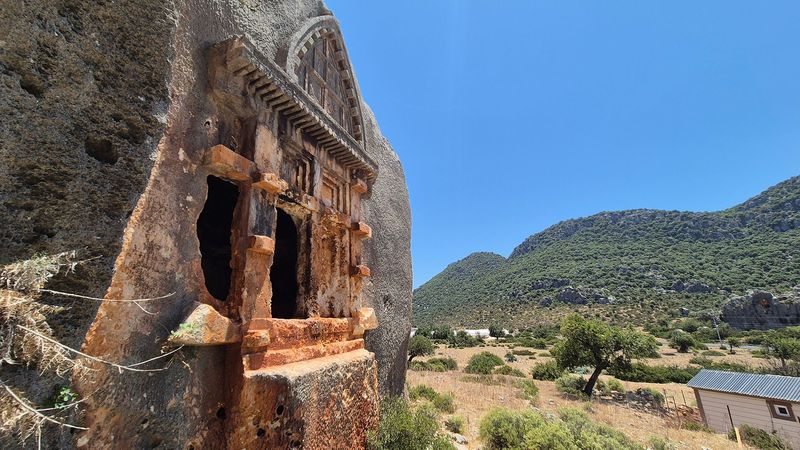
Kapilikaya isn’t alone; it shares a legacy with other Mediterranean rock-cut tombs.
This interconnected web of ancient sites tells a broader story of regional influences and architectural evolution.
Tracing these connections enriches our appreciation for the diverse yet unified heritage spanning the ancient world.
10. Kapilikaya’s Timeless Mystery
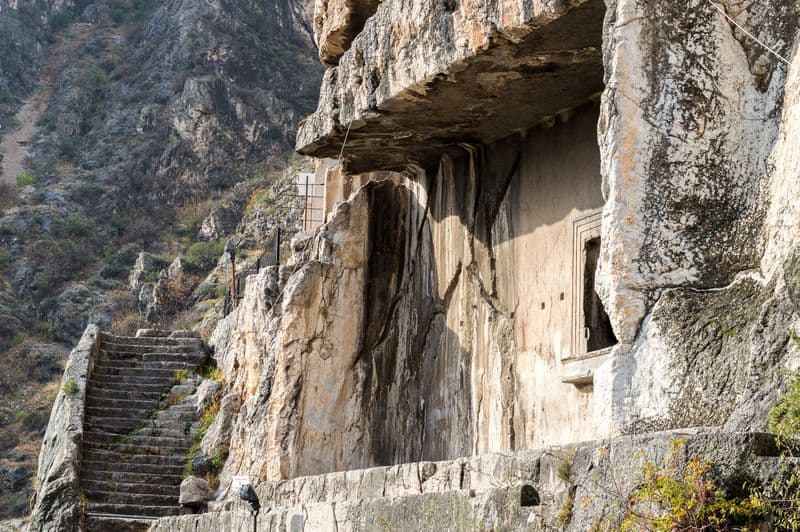
Kapilikaya Tomb remains shrouded in mystery, with many aspects yet to be uncovered.
Its timeless allure captivates historians and adventurers alike, drawing them into its depths.
The unanswered questions surrounding its origins and purpose only add to its enigmatic charm, ensuring its place in the tapestry of history.

